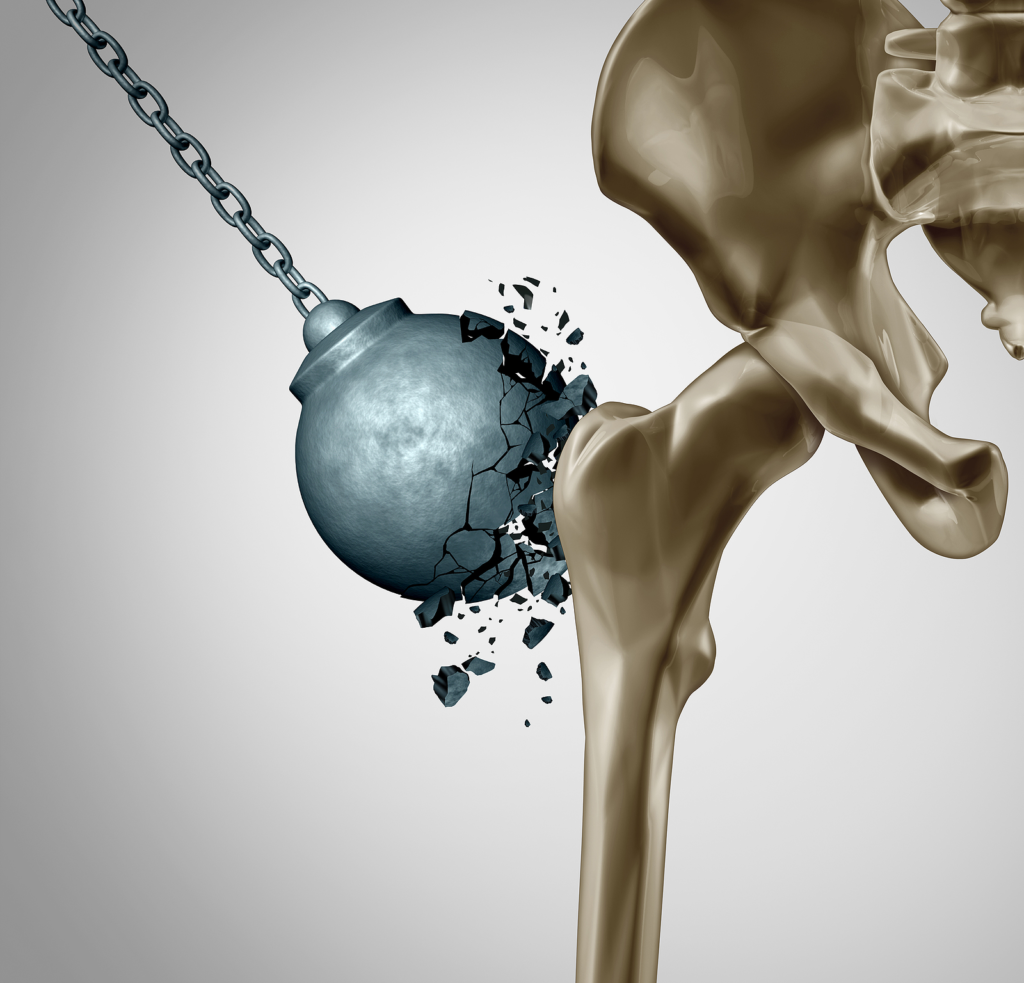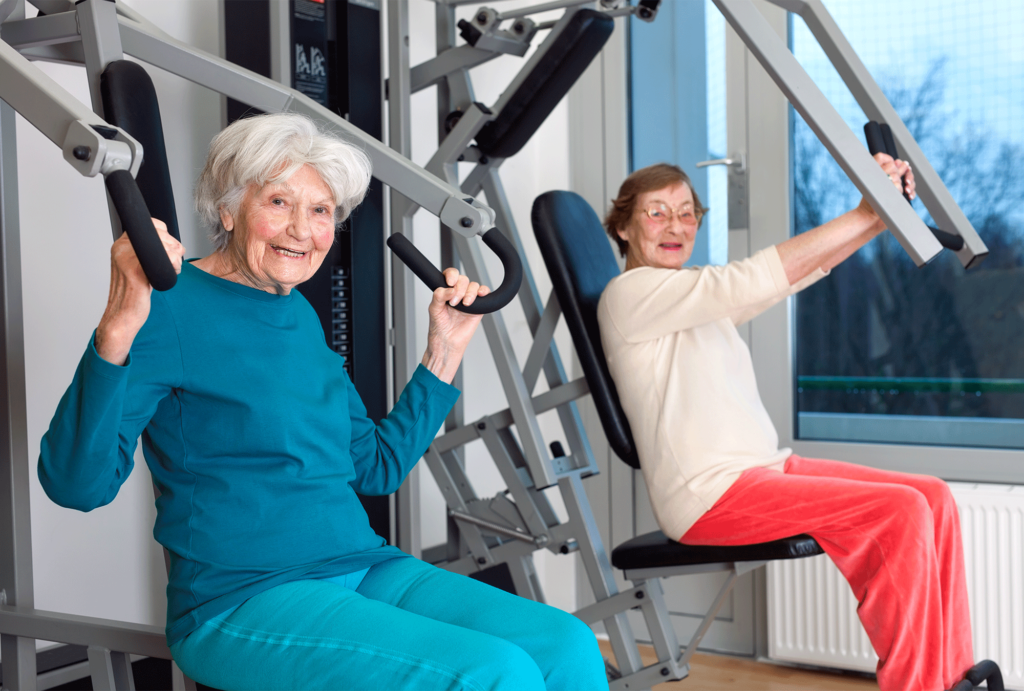
The Fountain of Youth: Embracing Resistance Training as You Age
In the journey of life, aging is an inevitable process that brings with it a multitude of changes, both physical and mental. As the years go by, maintaining health and vitality becomes increasingly paramount. While many factors contribute to healthy aging, one of the most powerful tools at our disposal is resistance training. Contrary to popular belief, strength training isn’t just for the young and athletic; it’s a vital component of healthy aging that offers a plethora of benefits for both body and mind.
Defying the Aging Process: Building Strength, Building Health
One of the most significant challenges of aging is the gradual loss of muscle mass and strength, a phenomenon known as sarcopenia. This decline in muscle mass can lead to decreased mobility, increased risk of falls, and a loss of independence. However, research has shown that resistance training is a potent antidote to sarcopenia. By engaging in regular strength training exercises, older adults can not only preserve their muscle mass but also build strength and functional capacity.
A study published in the journal “Medicine and Science in Sports and Exercise” found that even short-term resistance training programs can significantly increase muscle mass and strength in older adults [1]. This highlights the remarkable adaptability of the human body, even in later years, and underscores the importance of incorporating resistance training into our routines as we age.
Strong Bones, Stronger Bodies: The Role of Resistance Training in Bone Health
Another crucial aspect of healthy aging is maintaining bone health and density. Osteoporosis, a condition characterized by weakened bones, is a common concern among older adults and can increase the risk of fractures and mobility issues. Fortunately, resistance training has been shown to be an effective way to improve bone density and reduce the risk of osteoporosis-related fractures.
A meta-analysis published in the “Journal of Bone and Mineral Research” examined the effects of resistance training on bone mineral density in postmenopausal women and found that it led to significant improvements in bone density at various skeletal sites [2]. By subjecting bones to the stress of resistance exercises, individuals can stimulate bone growth and strengthen their skeletal structure, thus mitigating the effects of osteoporosis and improving overall bone health.

Beyond the Body: The Mental and Emotional Benefits of Strength Training
While the physical benefits of resistance training are undeniable, its positive impact extends beyond the realm of the body. It also encompasses mental and emotional well-being. Exercise, including strength training, has been shown to have profound effects on mood, cognition, and overall mental health.
A review published in the “Journal of Aging and Physical Activity” highlighted the cognitive benefits of resistance training in older adults, including improvements in executive function, memory, and attention [3]. Furthermore, regular exercise has been linked to reductions in symptoms of depression and anxiety, providing a natural and effective way to promote emotional well-being in later life.
Embracing Strength, Embracing Life: The Timeless Wisdom of Resistance Training
As we navigate the journey of aging, it’s essential to embrace the power of resistance training as a cornerstone of healthy living. Whether you’re in your 50s, 60s, or beyond, it’s never too late to start reaping the benefits of strength training. By incorporating resistance exercises into your routine, you can defy the effects of aging, build strength and resilience, and enhance your overall quality of life.
In the words of Jack LaLanne, a pioneer in the field of fitness and healthy aging, “Exercise is king, nutrition is queen, put them together, and you’ve got a kingdom.” By making resistance training a priority in your wellness regimen, you can build a strong and vibrant kingdom of health and vitality that stands the test of time.
References:
- Peterson, M. D., Sen, A., & Gordon, P. M. (2011). Influence of resistance exercise on lean body mass in aging adults: a meta-analysis. Medicine and science in sports and exercise, 43(2), 249–258. https://doi.org/10.1249/MSS.0b013e3181eb6265
- Zhao, R., Zhang, M., Zhang, Q. (2015). The Effects of Different Types of Exercise on Bone Mineral Density in Postmenopausal Women: A Systematic Review and Meta-analysis. Journal of Bone and Mineral Research, 30(1), 1–14. https://doi.org/10.1002/jbmr.2331
- Chang, Y. K., Labban, J. D., Gapin, J. I., & Etnier, J. L. (2012). The effects of acute exercise on cognitive performance: a meta-analysis. Brain research, 1453, 87–101. https://doi.org/10.1016/j.brainres.2012.02.068
